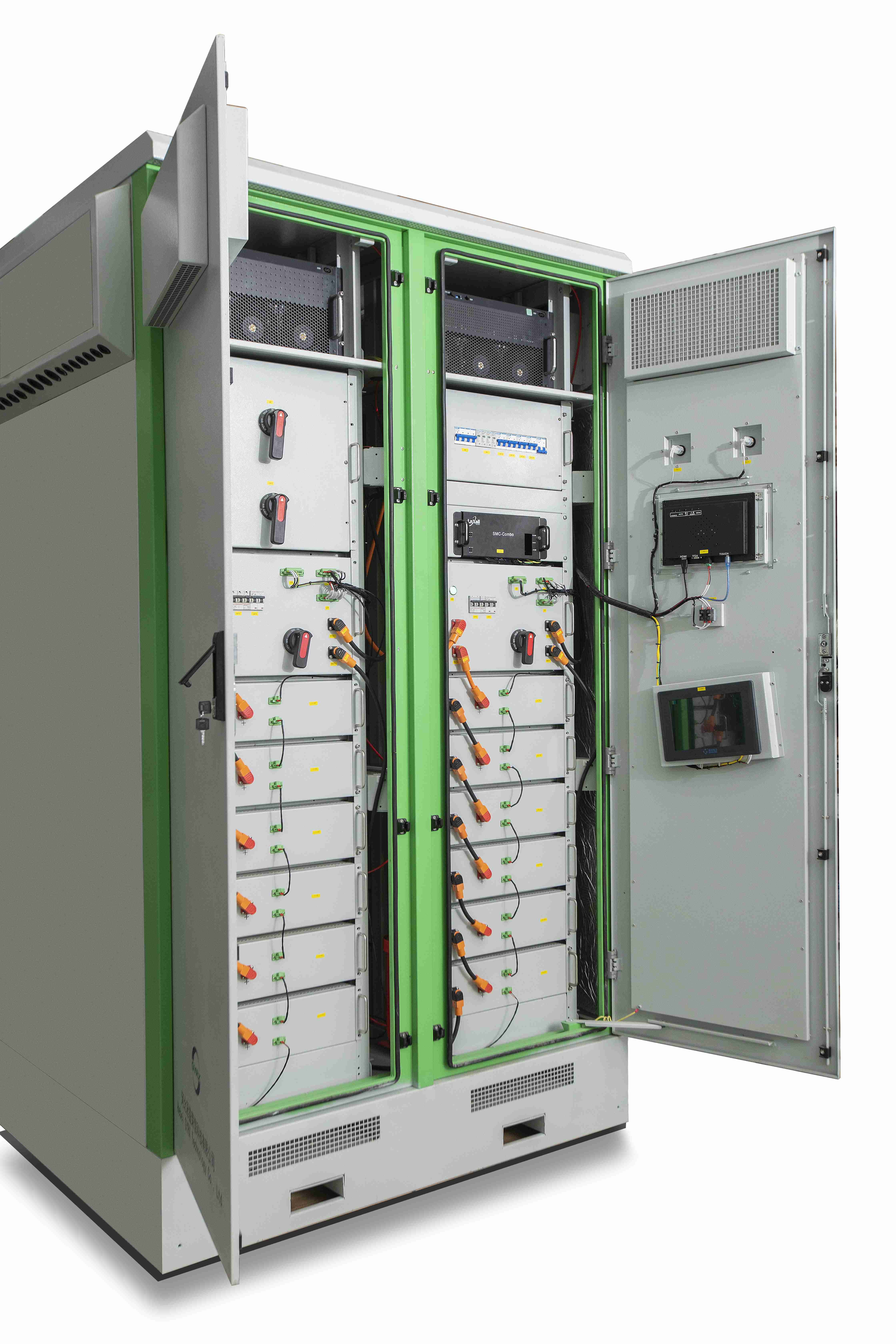
Nov . 10, 2024 14:24 Back to list
Development of Energy Storage Solutions for Industrial and Commercial Applications
Industrial and Commercial Energy Storage Development A Manufacturer's Perspective
In the rapidly evolving landscape of energy management, industrial and commercial energy storage systems have emerged as pivotal contributors to efficiency, sustainability, and reliability. As businesses face mounting pressure to reduce operational costs while adhering to environmental regulations, energy storage solutions present a viable path forward. Manufacturers specializing in energy storage development are at the forefront of this industrial revolution, delivering products that cater to diverse energy needs and helping businesses transition towards a greener future.
The Importance of Energy Storage Solutions
Energy storage systems (ESS) are essential for balancing supply and demand, especially in industries where energy consumption is substantial and variable. These systems allow businesses to store excess energy generated during off-peak hours or from renewable sources, such as solar and wind, for use during peak demand times. This capability not only optimizes energy use but also reduces reliance on fossil fuels and enhances energy resilience—a vital factor in today’s unpredictable energy market.
As manufacturers develop more sophisticated energy storage technologies, industries can benefit from increased operational efficiency, lowered energy bills, and reduced peak demand charges. Additionally, many regions offer incentives for the adoption of renewable energy technologies and storage systems, making it financially attractive for businesses to invest in these solutions.
Innovations in Energy Storage Technologies
The evolution of energy storage technologies has been remarkable, with advancements in lithium-ion batteries, flow batteries, and even emerging technologies like solid-state batteries. Each type of energy storage solution presents unique benefits and applications, catering to the specific demands of various commercial and industrial operations.
Lithium-ion batteries, for instance, have gained immense popularity due to their high energy density and decreasing costs. This technology is well-suited for applications ranging from small-scale commercial installations to large-scale industrial power solutions. Flow batteries, on the other hand, offer longer discharge times and are particularly advantageous for applications requiring longer duration energy supply, such as in manufacturing facilities with fluctuating energy needs.
Moreover, hybrid systems that combine different storage technologies are becoming increasingly common. These systems can offer optimized performance by leveraging the strengths of various technologies, allowing manufacturers to customize solutions based on specific operational requirements.
industrial and commercial energy storage development manufacturer

The Role of Manufacturers in the Energy Storage Ecosystem
Manufacturers play a critical role in promoting the development and deployment of industrial and commercial energy storage solutions. They are responsible for not only engineering and producing the storage systems but also for integrating them into existing energy infrastructures. This involves collaboration with utilities, energy service providers, and end-users to design systems that ensure seamless operation and maximize benefits.
Furthermore, manufacturers are increasingly focused on sustainability in their operations. Many are adopting circular economy principles, designing products with materials that can be recycled or reused, thus reducing waste. This holistic approach not only aligns with global sustainability goals but also enhances the brand reputation of manufacturers in the eyes of eco-conscious consumers and businesses.
Challenges and Future Outlook
Despite the promising developments in the energy storage sector, challenges remain. Issues such as the need for standardization, regulatory hurdles, and the initial capital costs of implementation can impede progress. However, ongoing innovation and growing market demand are driving reductions in costs and improvements in technology.
As countries accelerate their shift towards renewable energy, the demand for industrial and commercial energy storage is expected to rise sharply. Manufacturers are ideally positioned to lead this transition by developing solutions that not only meet current needs but are also scalable for future demands.
Conclusion
In summary, industrial and commercial energy storage development presents a significant opportunity for manufacturers to contribute to a more sustainable future. By investing in innovative technologies, collaborating across sectors, and prioritizing sustainability, manufacturers can play a crucial role in optimizing energy use for businesses while supporting global efforts to combat climate change. As the market continues to evolve, those who stay ahead of technological advancements and adapt to changing demands will redefine the energy landscape and ensure a robust foundation for future industrial growth.
-
Advanced AI Energy Management with GPT-4 Turbo
NewsAug.02,2025
-
AI-Powered EMS with GPT-4-Turbo | Efficiency Boost
NewsAug.01,2025
-
Optimized Storage System for GPT-4-Turbo | High Performance
NewsJul.31,2025
-
AI Energy Management System w/ GPT-4 Turbo Efficiency
NewsJul.31,2025
-
High-Performance Energy Storage System for Reliable Power Solutions
NewsJul.30,2025
-
Advanced EMS Solutions for Energy Management System & Storage Battery Companies
NewsJul.29,2025























